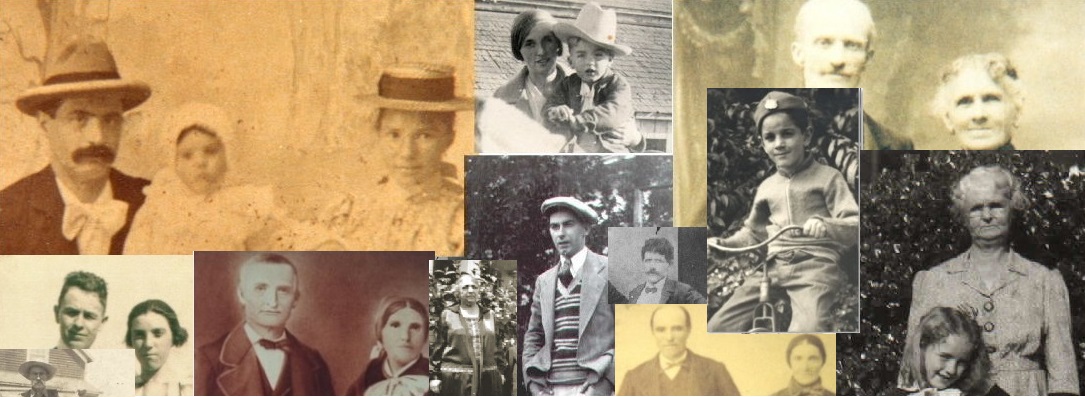The desire to link people of the same surname from the same region is strong. After all, how many families with the same surname in a small Portuguese village? The problem is that Portuguese surnames are fluid, they evolve, they come out of thin air (or so it seems). Five children might use five different surnames and only one of them reflects the surname of either parent.
While there are naming patterns that influenced different eras, they are guidelines not mandatory rules. Now, this does not mean that some surnames were not carried down several generations. It’s more like a caution. If you are looking for specific surnames, you may miss the fact that your people didn’t use the same surname as their parents or grandparents.
This chart is one line in my tree. See how the surname evolves? The original surname, Pacheco de Rezendes (or Pacheco de Resendes) dies out very quickly.
(Click to see a larger view)

Want to delve further into the difficulties involved with Portuguese surname research? Read the article: The Danger of Surname Research with Portuguese Ancestry
Dictionaries can help you with surnames especially if your ancestor’s surname appears to be an alcunha (nickname). Learning the meaning of the words may give you insights into why the surname was chosen.








That’s quite helpful. Even though we didn’t come from Portugal, or have Portuguese surnames, we see similar changes in our history as well. I find it very difficult to trace some of our ancestors because even brothers used different surnames. If it weren’t for obituaries, I’d never have found some of them! Others, I may never find. But tracing the women is the most difficult.
Kathryn, These rules of skepticism could easily apply to many cultures. We think of surnames as something dependable, solid, and permanent. But, it wasn’t like this before the 1900s.
And, I agree about tracing women. I cringe each time I see a woman recorded by first name only or the dreaded “Mrs. John Smith”. It’s as if her identity has been erased.
Thanks for stopping by!
I find this article a huge help. Coming for the traditional name Homem it was changed to Homen when my Grandpa arrived in the U.S. It is still a mystery to me why that had to change.
Dallas, Thanks for your comments! It’s important to keep in mind that for the most part there was no standardized spelling and our ancestors who migrated were illiterate. A change from Homem to Homen might have been a typo on an official record. Or, it could be something as simple as your Grandpa got tired of people misspelling his name, so he went with the one that they always used.
My own relatives added Algarvia to their name. But, in the next generation cousins were using Algrava, Algarva, and Algravia. I don’t think spelling was as important as it is today.